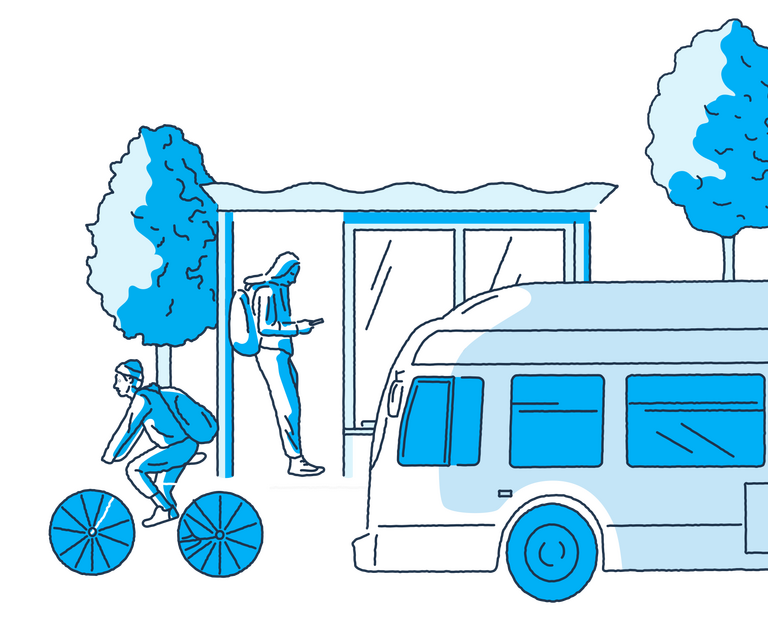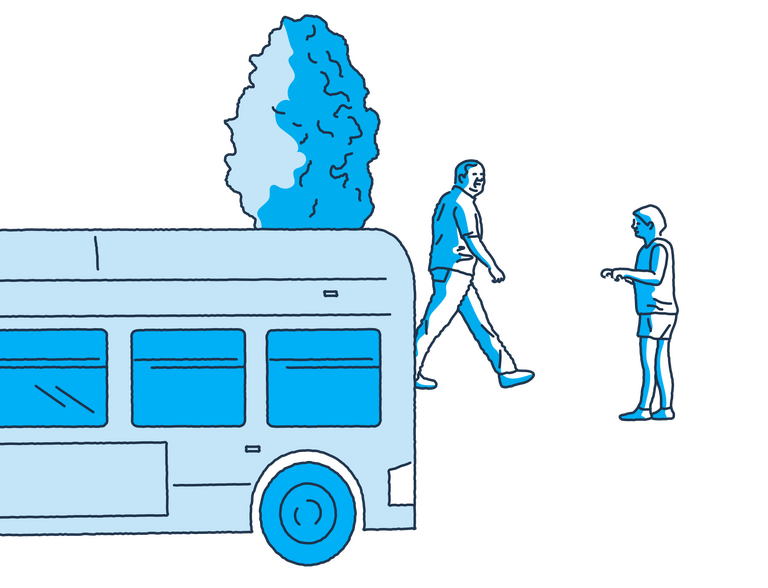Cutting Red Tape to Build Green Transportation
The Problem
Clean Transportation Infrastructure Takes Too Long to Build
Vehicle tailpipes are California’s top source of carbon and air pollution. To meet health, equity, and climate goals, SPUR made the case that the state must build transit, biking, and walking infrastructure much faster.
The Cause
Environmental Review Blocks Clean Transportation Projects
SPUR’s research found that California's environmental review process, CEQA, increases costs and delays biking, transit, and walking infrastructure projects, causing environmental harm. Projects can remain stuck for years, leading to costly appeals and lawsuits.
The Policy Solution
Exempt Clean Projects From Review
SPUR collaborated with the Bay Area Council and Silicon Valley Leadership Group to develop legislation exempting these critical clean transportation infrastructure projects from lengthy and unnecessary reviews. They built a coalition and approached Senator Scott Wiener about authoring a bill to turn the proposal into law.

First Big Win
Legislation Turns Policy Solution Into Law
SPUR collaborated with Senator Wiener, coalition partners, legislators, stakeholders who had initially opposed the bill, and the governor's office to pass the legislation. However, compromises led to a two-year sunset provision.
Immediate Impact
More Clean Transportation Infrastructure
The legislation enabled prominent clean transportation projects like the conversion of San Francisco’s JFK Drive to a linear park, rapid implementation of bus and bike lanes, and retrofitting of maintenance yards for all-electric buses. SPUR partnered with the California Transit Association on research to document the legislation's success.

Second Big Win
Legislation Extended Until the End of the Decade
In 2022, SPUR and partners approached Senator Wiener to extend and expand the law, gaining a broader coalition and winning over opponents. The legislation passed, extending streamlining for more clean transportation projects until 2030.